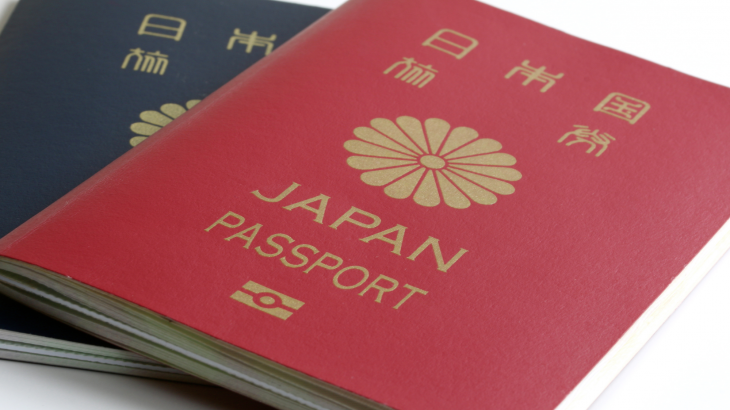For foreigners considering a long-term stay in Japan, the “naturalization” process becomes an important option. There is a growing number of foreigners considering naturalization in Japan for various reasons such as higher income compared to their home country, marrying a Japanese citizen, etc.
This article explains the naturalization process to obtain Japanese citizenship for foreigners wishing to live long-term in Japan.
The conditions for submitting a naturalization application
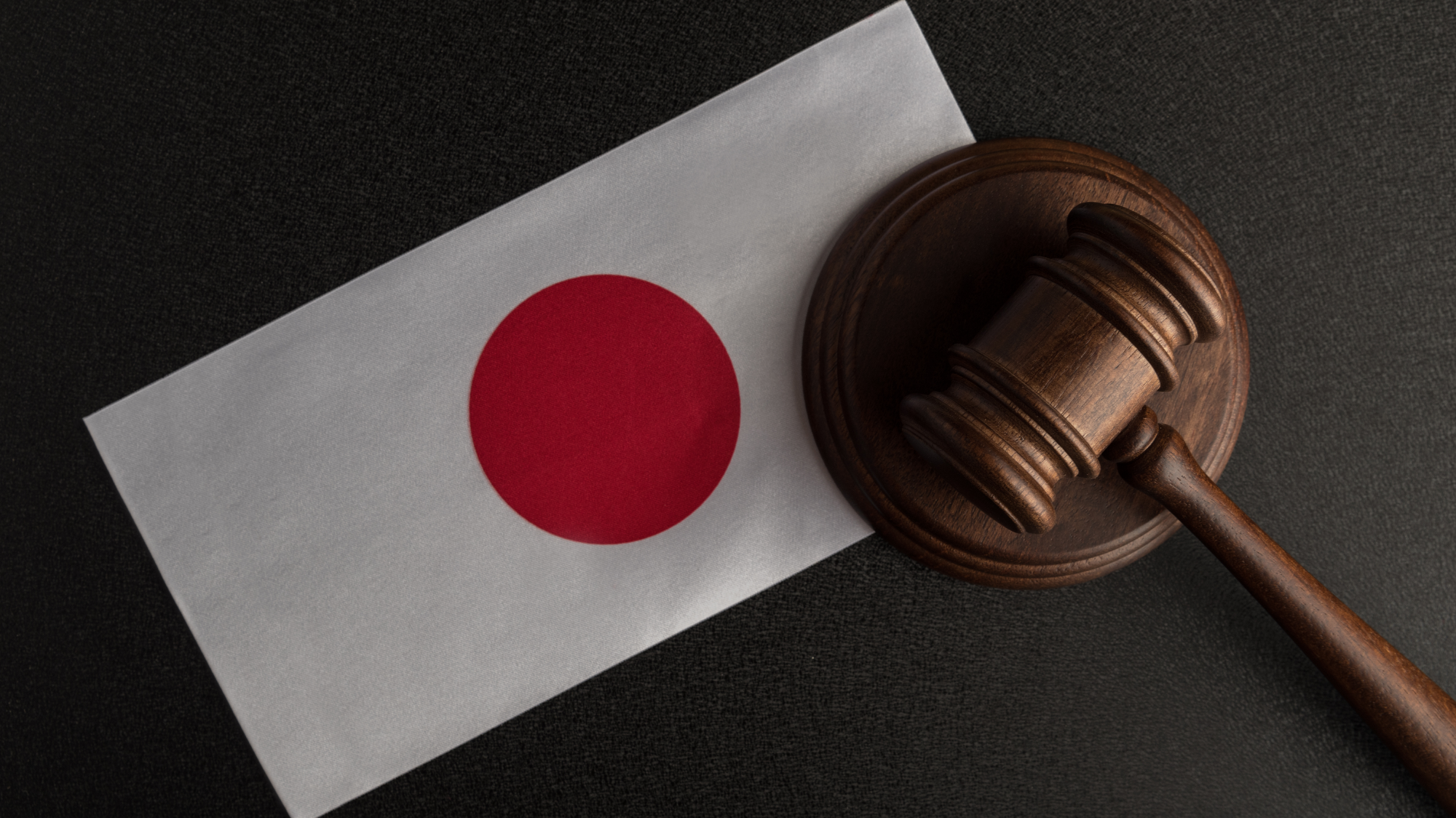
The naturalization process to obtain Japanese citizenship requires applicants to meet several basic conditions. The following conditions are established to ensure that the applicant has the ability to adapt to Japanese society.
- Length of residency: Reside in Japan for at least 5 years
- Age: Above 18 years old
- Japanese language proficiency: At least daily conversational level (equivalent to JLPT N3)
- Compliance with rules: Adherence to laws and social norms
- Financial capability: For single individuals, an annual income of over 3 million yen is an advantage.
Meeting the aforementioned conditions allows for the initiation of the naturalization application process. However, when submitting the application, you will need to prepare various documents to prove this. The process of submitting and reviewing naturalization applications is complex and varies depending on individual cases. Therefore, consulting with a Legal Office or an expert beforehand is recommended.
The naturalization application process
The process of applying for naturalization is divided into several stages. Understanding the following process is essential for applicants to proceed effectively.
- Preparation
Gather necessary documents for naturalization application. These documents include current citizenship ID, residency history certification in Japan, proof of income, etc. Additionally, copies of the applicant’s household registration and family’s household registration are required. - Submission
Once the necessary documents are prepared, submit the naturalization application at the Legal Affairs Bureau. The application must detail personal information, residency history, occupation, family structure of the applicant, etc. - Interview
After submitting the application, the applicant will receive an interview notice from the Legal Affairs Bureau. During the interview, the applicant’s attitude towards living in Japan, motivation for obtaining citizenship, and ability to adapt to Japanese society will be evaluated. - Evaluation Period
Following the interview, the Legal Affairs Bureau will proceed with the evaluation. This process may take from several months to over a year, and the decision to grant naturalization will be based on the submitted documents and interview content. - Result Notification
After the evaluation, the applicant will be notified of the result. If the naturalization is approved, the applicant will proceed with the procedures to obtain citizenship. - Citizenship Acquisition Procedures
Upon approval, the applicant will carry out procedures to renounce their current citizenship and officially acquire Japanese citizenship. This includes receiving a certification of naturalization permit from the Minister of Justice and creating a new household registration.
Although the naturalization application process is complex and time-consuming, thorough preparation and adherence to the correct procedure increase the likelihood of successfully obtaining Japanese citizenship.
The difference between naturalization and permanent residency
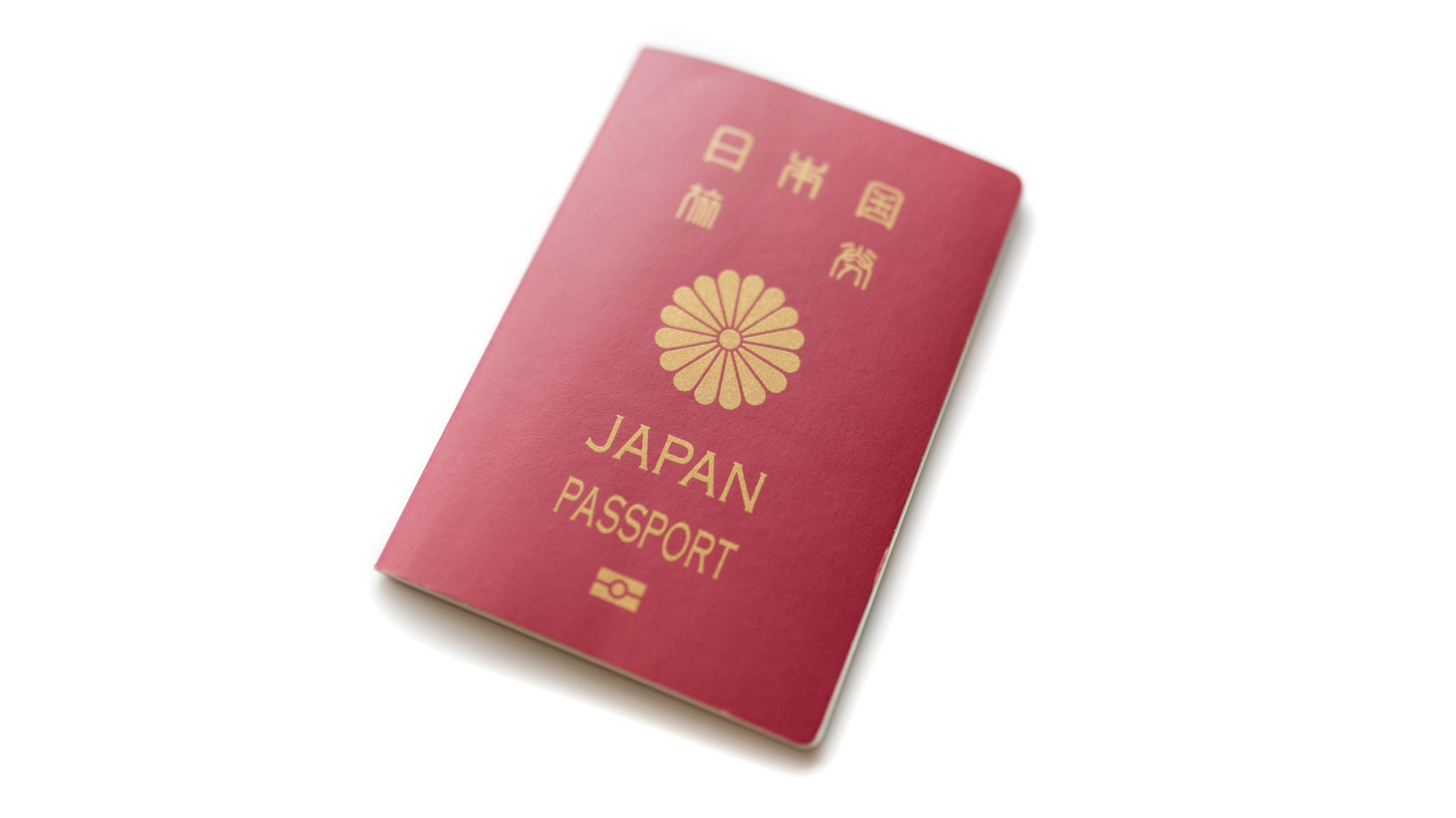
The main difference between naturalization and permanent residency lies in legal status and social benefits. When naturalizing and acquiring Japanese citizenship, you are granted most rights and responsibilities as a Japanese citizen. Conversely, holders of permanent residency are not recognized for all the benefits of Japanese citizenship. For example, there may be restrictions on applying for certain public positions or the right to vote.
Between choosing naturalization and permanent residency, naturalization is suitable for foreigners who want the rights of citizenship like a Japanese national. On the other hand, permanent residency is appropriate for foreigners seeking stable and long-term living in Japan.
Some tips when applying for naturalization
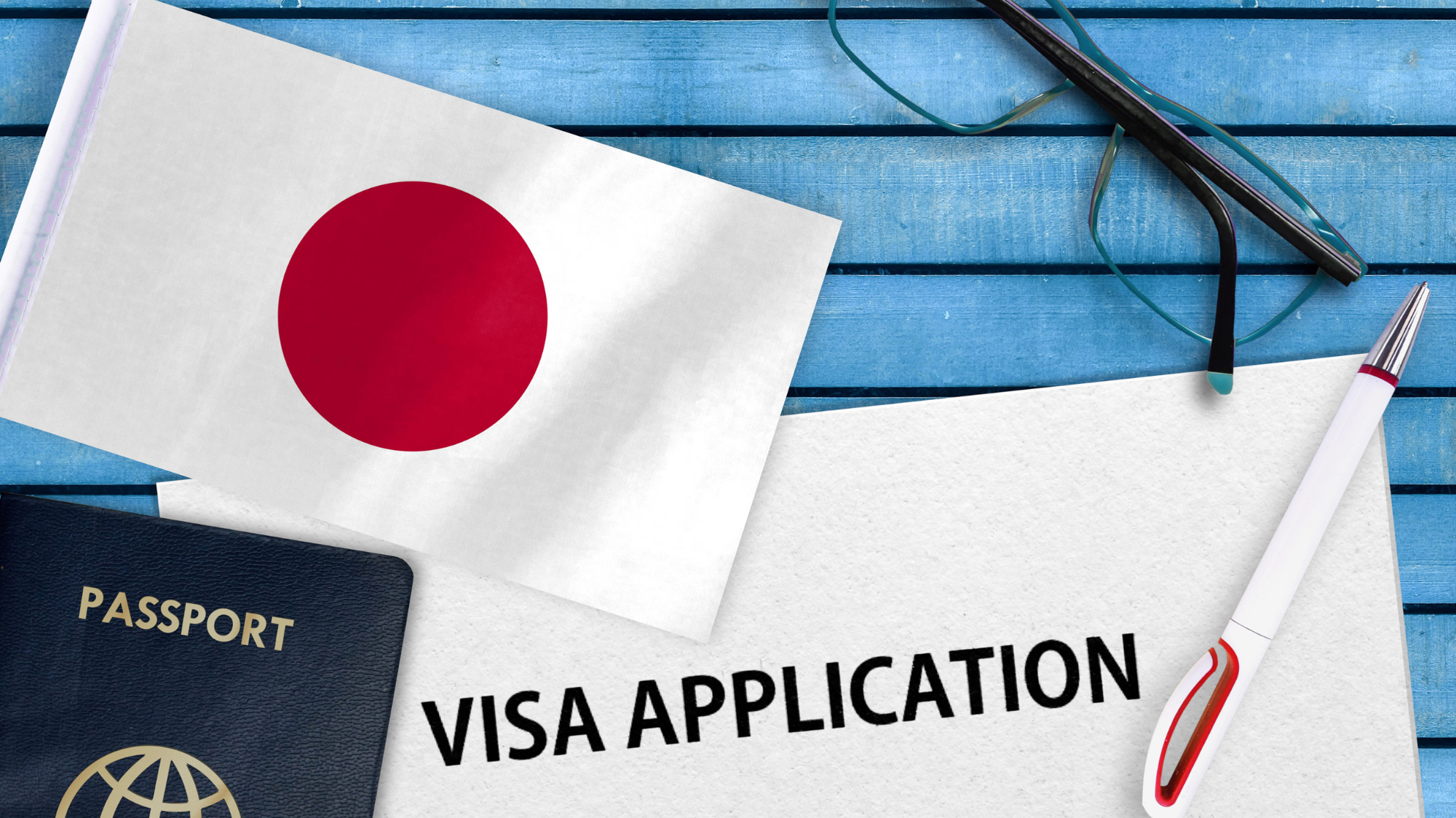
To increase your chances of getting your naturalization application approved, consider the following tips:
Thorough Document Preparation
Because the required documents may vary depending on the applicant’s situation, accurately following the instructions from the Legal Affairs Bureau and preparing the necessary documents is crucial. Errors in the documents can lead to rejection of the submitted application.
Improving Japanese Language Skills
Proficiency in Japanese communication is crucial in the naturalization process. Prepare documents that objectively demonstrate your Japanese language abilities, such as results from the Japanese Language Proficiency Test (JLPT). Achieving at least JLPT N3 is preferred.
Adherence to the Law
Adhering to the law in Japan is highly valued during the review process. If you have a criminal record, prepare a detailed explanation of the incident and the efforts you have made for improvement.
Demonstrating Financial Independence
Proving that you have a stable job and a stable income will affect the approval of your naturalization application. You need to prepare documents proving your independent financial ability.
Preparing for the Interview
During the interview, you will be asked about your reasons for applying for citizenship, future plans, etc. It’s important to prepare answers to these questions in advance and go into the interview with confidence.
Seeking Advice from Experts
Applying for naturalization can be difficult to do on your own. You can get support to make the application process smoother by consulting with experts or professional organizations.
Points to consider when submitting a naturalization application
Although obtaining Japanese citizenship brings many benefits, there are also several considerations to take into account in certain specific cases.
- Renouncing Original Citizenship
Due to Japan’s principle of not accepting dual citizenship, when you acquire Japanese citizenship, you must renounce your original citizenship. Upon renouncing your original citizenship, you will use a Japanese passport, and if you stay in your original country for an extended period, you may need to apply for a visa depending on the duration and purpose of your stay. - Legal Obligations
For individuals subject to military service obligations in their original countries, you may not be allowed to renounce citizenship until you have fulfilled those obligations.
When considering obtaining Japanese citizenship, it is very important to carefully consider the above points along with other factors before deciding to apply for naturalization.
Summary
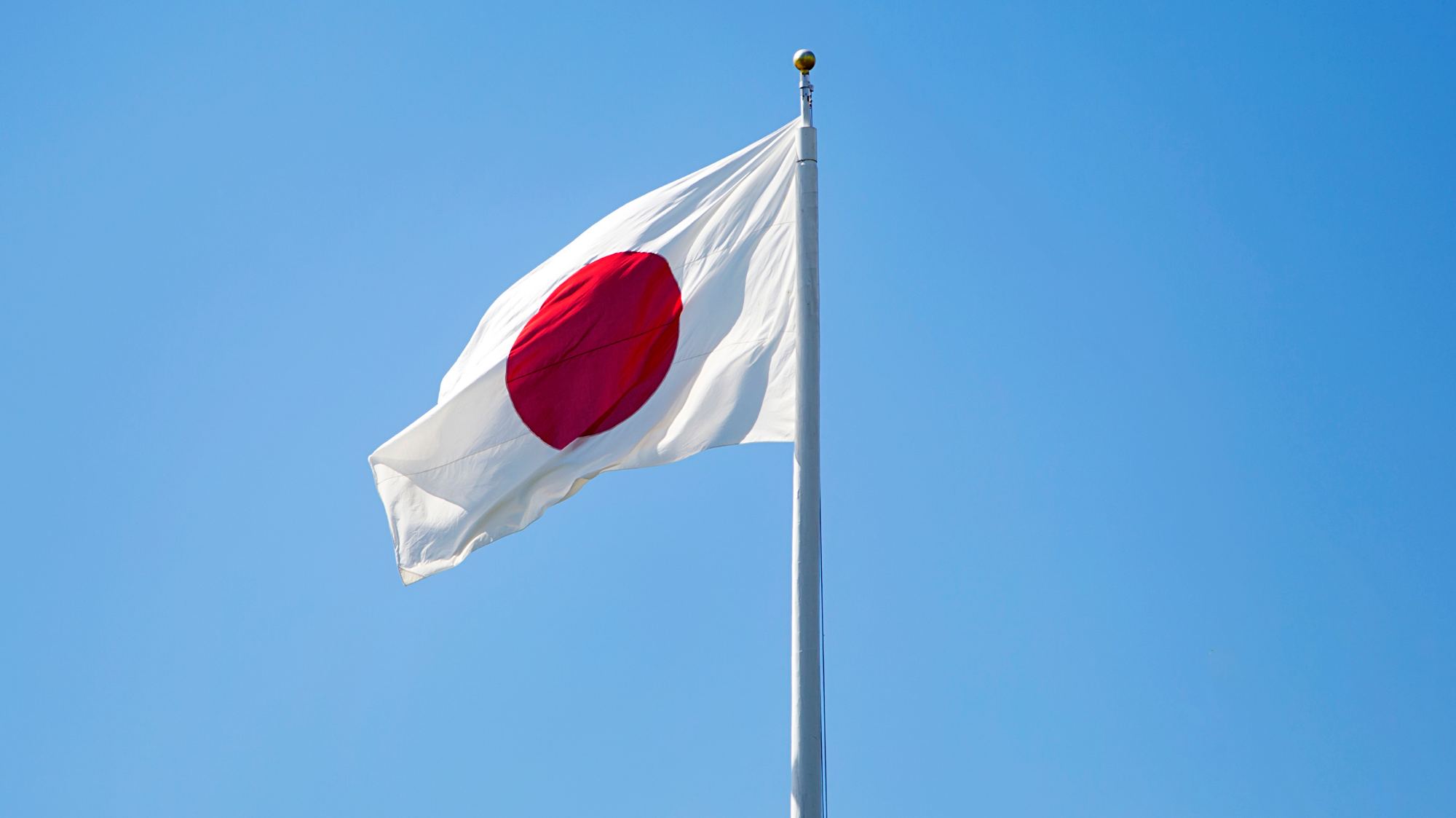
The naturalization process to obtain Japanese citizenship, as introduced, is a complex procedure. Applicants need to demonstrate Japanese language proficiency, financial stability, and ability to adapt to Japanese society, along with many other necessary conditions for living in Japan. Those who wish to become Japanese citizens should refer to this article!
If you want to learn more about permanent residency, please refer to the related article.

